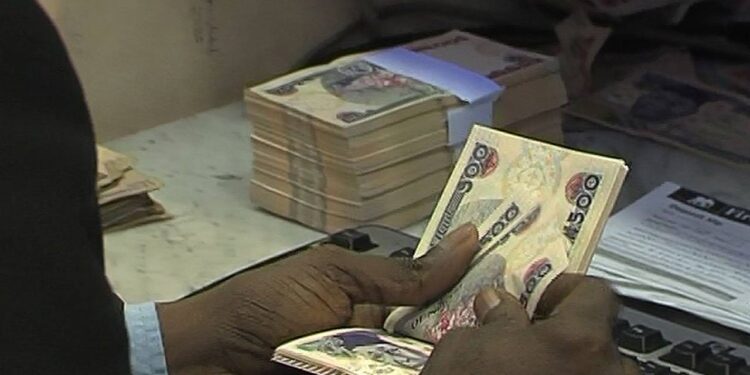The National Vice President of the Nigerian Association of Small-Scale Industrialists, Segun Kuti-George, noted that while cashless policies aim to modernize the economy, they have inadvertently stifled businesses. “Nigeria’s economy is not yet developed enough to function effectively on a predominantly cashless basis,” he said. He emphasized that even advanced economies retain cash as a payment option, supported by efficient online systems and higher financial literacy levels.
Dr. Femi Egbesola, President of the Association of Small Business Owners of Nigeria, lamented that the scarcity has severely impacted micro and small businesses. Many rely on cash for low-value transactions, often forced to buy cash from Point of Sale (POS) operators at inflated costs. “This depletes profits, increases prices, and reduces sales, threatening the survival of MSMEs,” he said.
Dr. Muda Yusuf, Director of the Centre for Promotion of Private Enterprise, explained that the cash scarcity disrupts the flow of business transactions, particularly in rural areas where cash is the dominant payment method. “Economic activities slow down when cash flow is disrupted, affecting the velocity and volume of transactions,” he cautioned. Yusuf highlighted low financial inclusion and declining trust in online banking as exacerbating factors, urging the CBN to restore confidence in the financial system.
The President of the Nigeria Employers’ Consultative Association, Adewale-Smatt Oyerinde, warned that the cash scarcity is a double-edged sword. While it encourages a shift to cashless transactions, it poses severe challenges to cash-reliant sectors, potentially destabilizing the economy.
The scarcity also reflects a lack of confidence in the naira, as noted by Dele Oye, President of the Nigerian Association of Chambers of Commerce, Industry, Mines, and Agriculture. He called on the CBN to engage stakeholders and address the naira’s devaluation and scarcity to foster trust and economic stability.
CBN’s Response
To combat the crisis, the CBN has imposed fines of N150 million per branch on Deposit Money Banks (DMBs) found guilty of supplying mint notes to hawkers and unscrupulous agents. This follows concerns about the illegal trade of newly minted naira notes, which disrupts efficient cash distribution.
The CBN announced intensified measures, including mystery shopping exercises, spot checks at banks, and penalties for cash hoarding or diversion. Repeat offenders will face stricter sanctions under the Banks and Other Financial Institutions Act 2020.
In a circular signed by Acting Director of Currency Operations, Muhammad Olayemi, the CBN emphasized that such practices violate the Clean Note Policy and undermine the economy. The bank pledged to ensure responsible cash disbursement, especially as the festive season approaches.
The OPS, meanwhile, continues to call for urgent interventions to ease cash shortages and support the survival of MSMEs, which are critical to Nigeria’s economic growth.
























